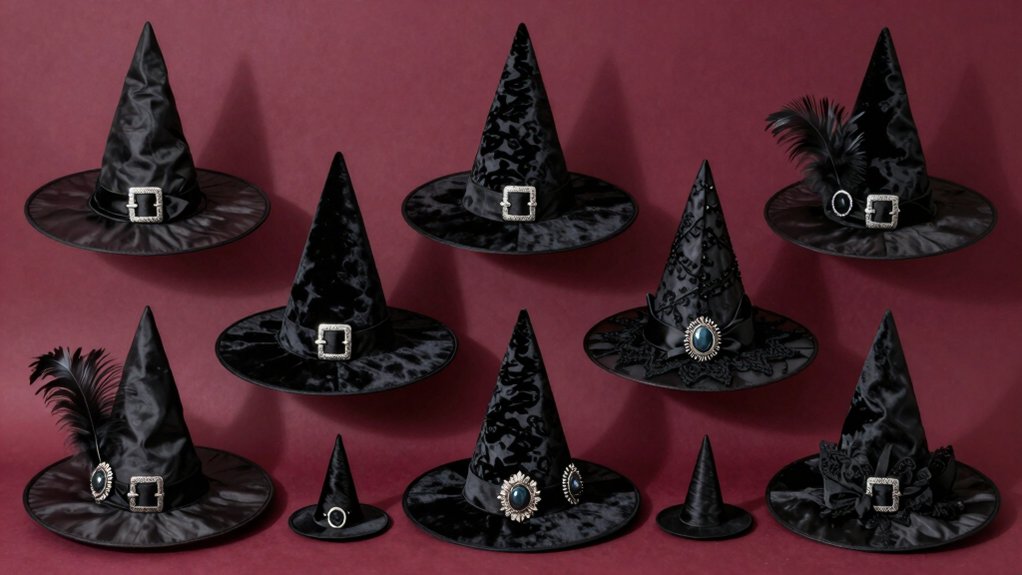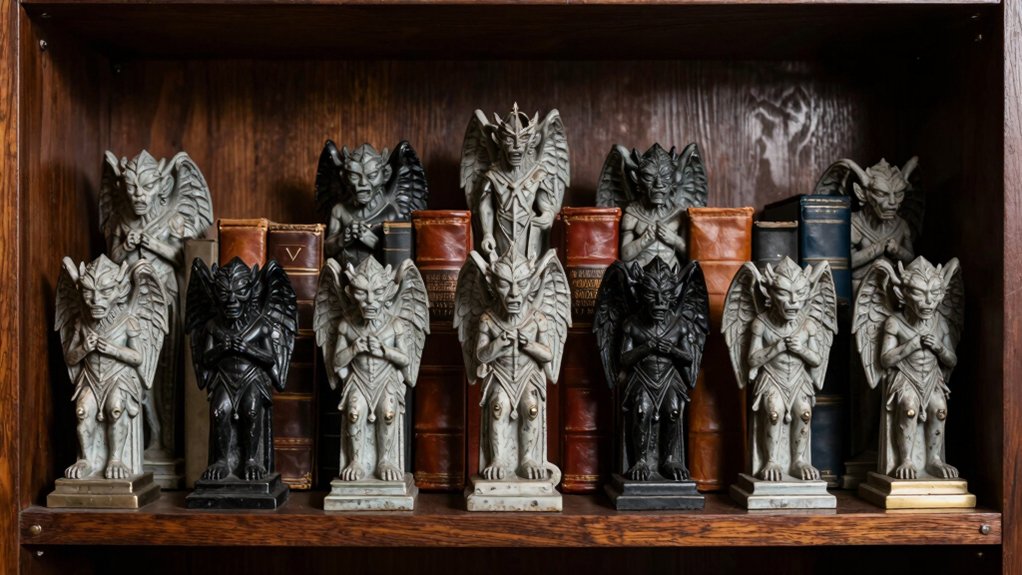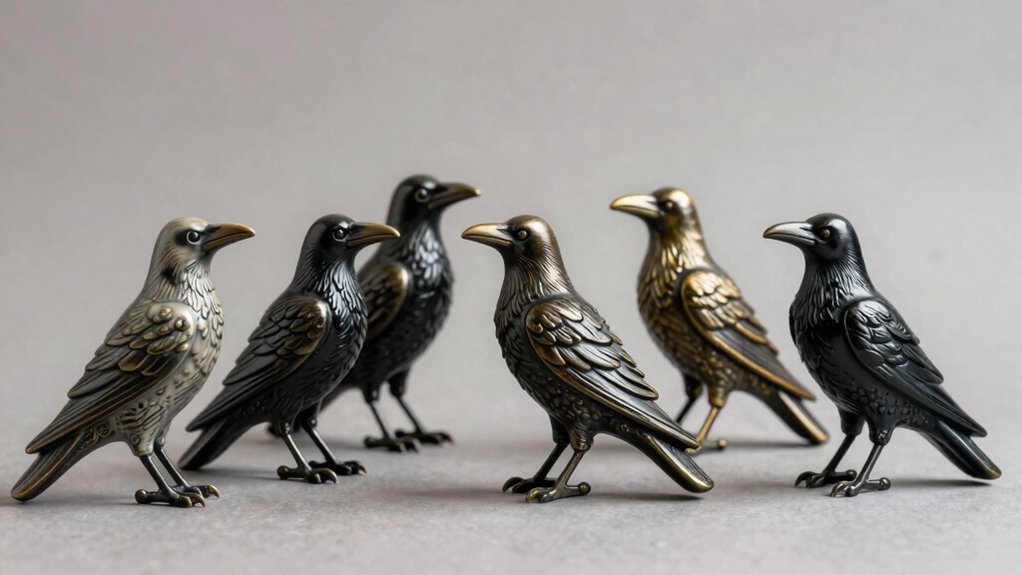Author: Learning Supernatural
-

15 Crystal Sun Catchers That Transform Any Window Into Art
Transform your windows into mesmerizing rainbow art with these 15 crystal sun catchers—but which design will truly match your style?
-

7 Pentacle Wall Décor Pieces That Elevate Any Sacred Space
Stunning pentacle wall art transforms sacred spaces—discover which seven pieces balance symbolism and style perfectly.
-

10 Best Gothic Mirrors That’ll Transform Any Room Into a Dark Dream
How do you choose the perfect gothic mirror when there are so many stunning options that could completely transform your space?
-

10 Best Apothecary Jars for Stylish Storage
Narrow down your storage style with our curated selection of 10 apothecary jars—but which one will transform your space?
-

10 Best Potion Bottle Sets That Spark Pure Magical Vibes
Find the ultimate potion bottle sets that transform any space into pure magic—but which one truly captures your enchanted vision?
-

10 Witch Hat Decorations That’ll Steal the Halloween Show
Curious which witch hat decorations will dominate your Halloween setup? Discover the top 10 that actually deliver results.
-

13 Best Gargoyle Bookends That Add Gothic Flair to Any Shelf
Keep your books upright while unlocking the perfect gothic aesthetic—but which gargoyle design truly delivers?
-

15 Dragon Statues That’ll Transform Any Space Into Epic
Ornate dragon statues transform ordinary spaces into epic sanctuaries—but which style will you choose?
-

7 Best Raven Figurines That Collectors Actually Display
Find the raven figurines collectors actually display on their shelves—discover which designs stand out from the rest.
-

10 Black Cat Statues That’ll Add Mystique to Any Room
Narrow down your perfect black cat statue from 10 stunning options—discover which mystical piece matches your unique style.
